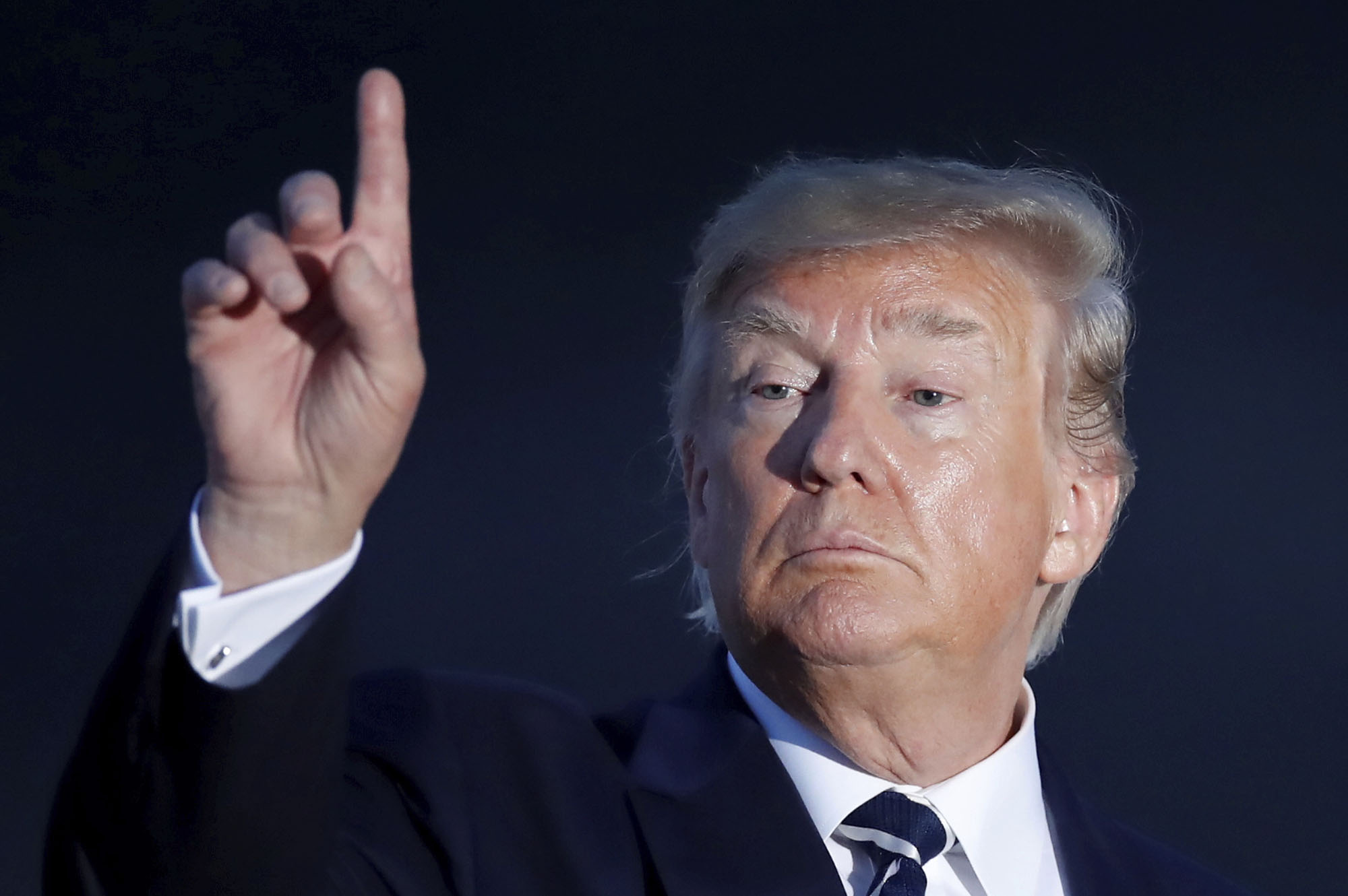Donald Trump's presidency represents a real-time experiment in the durability of the U.S.-led international order — the norms, alliances and other arrangements put into place since World War II that have made this an age of unprecedented global growth and stability. It is equally a test of the national security decision-making process.
That system was created in the wake of World War II, as a means of bringing structure and discipline to U.S. policy. It has had its ups and downs over the decades, but has rarely been challenged as severely as during the Trump presidency. So far, Trump's two longest-serving national security advisers — H.R. McMaster and John Bolton — have pursued very different approaches to decision-making under a decidedly undisciplined president. Their experiences show that American presidents ultimately get the decision-making system they want — but not necessarily the one they, and the country, need.
Prior to World War II, there were few mechanisms for coordination between the various departments involved in U.S. statecraft. During the war, President Franklin D. Roosevelt's seemingly casual — but remarkably effective — approach to strategy and planning drove advisers like Secretary of War Henry Stimson to distraction.

















With your current subscription plan you can comment on stories. However, before writing your first comment, please create a display name in the Profile section of your subscriber account page.